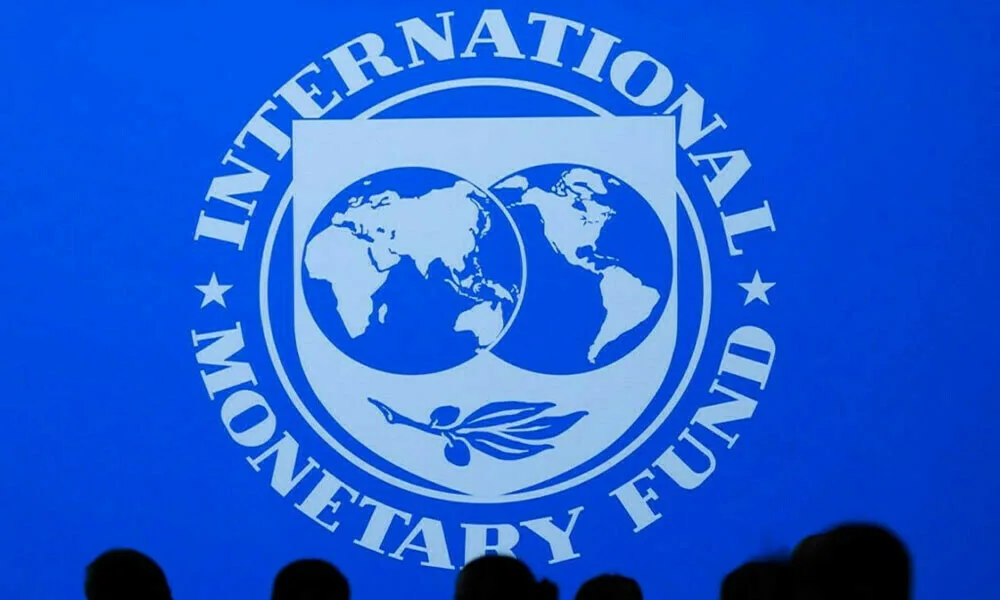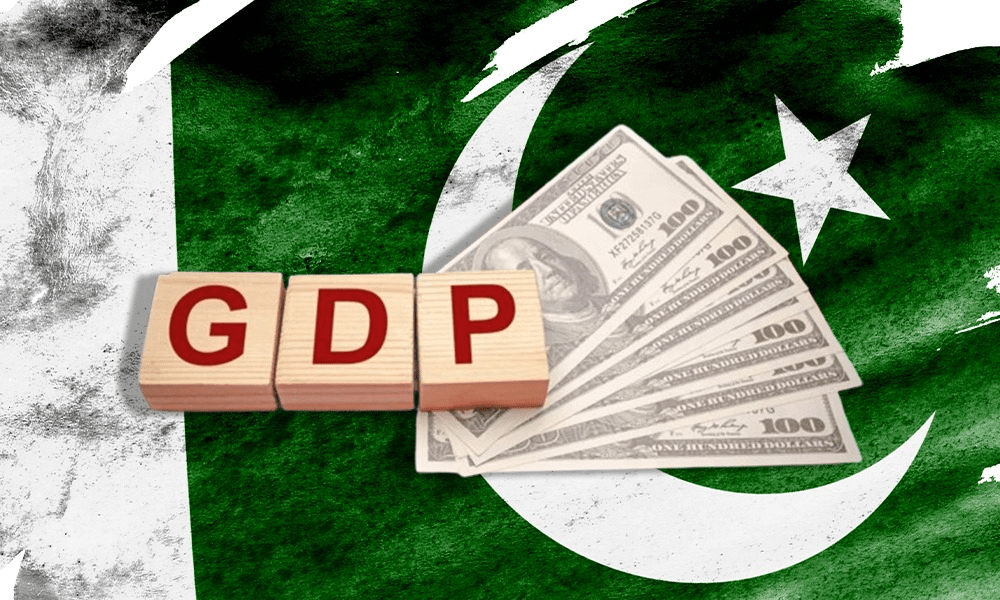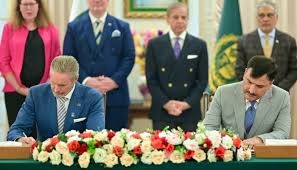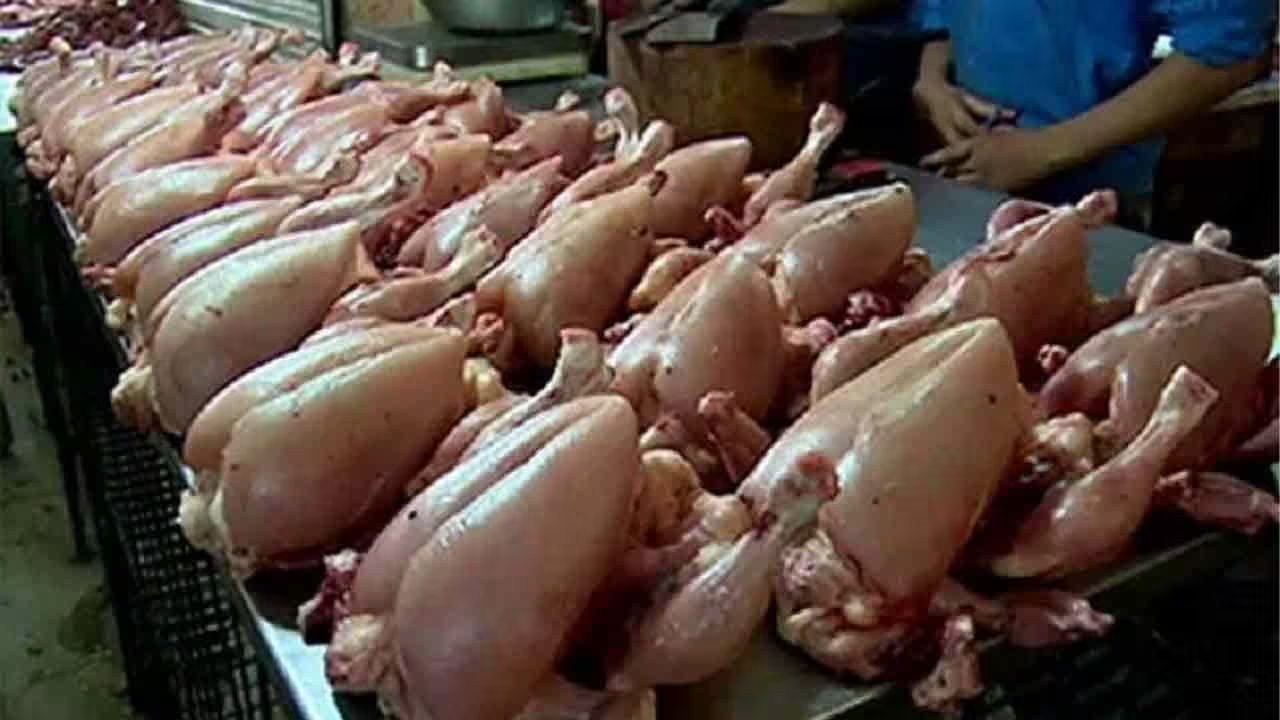As discussions progress between the visiting International Monetary Fund (IMF) mission and Pakistan, the government’s economic team has outlined an initial estimate of external financing, approximately $22 billion, according to sources.
Simultaneously, Islamabad has presented a power tariff rationalization plan for the industrial sector to the IMF, aiming to bolster domestic production and exports by providing incentives to related industries.
Regarding external financing, the issuance of sukuk bonds worth $1.5 billion during the fiscal year 2024-25 is part of the strategy.
Furthermore, Pakistan remains optimistic about friendly nations extending loan rollover of approximately $12 billion, crucial for addressing the country’s financial challenges.
Pakistan faces the imperative task of meeting debt repayments, encompassing both principal amounts and interest payments.
Meanwhile, the bonds issued by Pakistan in recent years have predominantly relied on high-interest rates, exacerbating the country’s debt repayment burden.
PAKISTAN PANDA BONDS
Additionally, the plan includes panda bonds, denominated in Chinese yuan but issued by foreign entities, including governments and multilateral agencies.
Finance Minister Muhammad Aurangzeb previously indicated Pakistan’s interest in tapping Chinese investors by issuing up to $300 million in panda bonds for the first time.
Aurangzeb highlighted the significance of diversifying funding sources and accessing new markets, emphasizing China’s substantial bond market.
Confident in inflows exceeding $2 billion before the current fiscal year’s end in June, Pakistani authorities anticipate financial assistance from institutions like the World Bank and the Asian Development Bank in 2024-25.
BOOSTING PAKISTAN EXPORTS
Through the proposed tariff rationalization, the government aims to incentivize the industrial sector, fostering increased domestic production essential for enhancing Pakistani exports’ competitiveness globally.
Rising operational costs, influenced by high interest rates and energy prices, have impeded economic growth and hindered efforts to boost exports.
Various proposals for industrial power tariff reductions are under consideration to support export-oriented industries.
These industries currently bear additional costs to subsidize domestic electricity consumers.
With an estimated cost of Rs100 billion in 2024-25, the plan, upon Prime Minister Shehbaz Sharif’s approval, is anticipated to augment exports by $2 billion to $3 billion, offering a significant boost to Pakistan’s economy.



